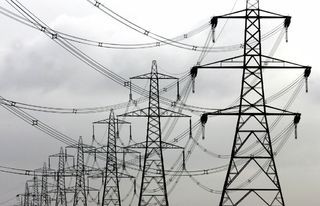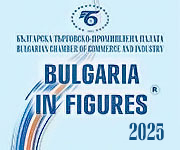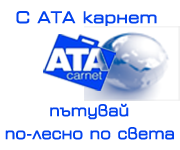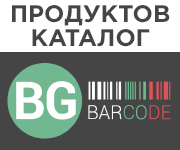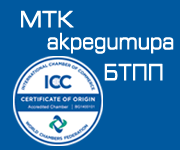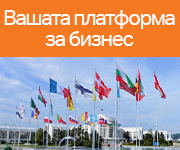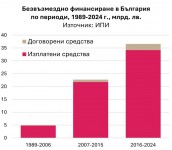Назад
Назад
BCCI participates in the implementation of the EU Third Energy Package in Bulgaria
The Third Energy Package of the European Union is about to be transposed into Bulgarian legislation. It will introduce the European energy framework through amendments to the Energy Act. The responsibility for the adoption of the principles of the new European energy legislation lies with the Ministry of Economy, Energy and Tourism and its specially established working group, in which the Bulgarian Chamber of Commerce and Industry participates in order to assist actively the development of the new legislative changes in accordance with the interests of the Bulgarian business community.
The adoption of the requirements of the Third Energy Package is expected to significantly affect the Bulgarian energy sector and the overall economic conditions in several directions:
1. It envisages the unbundling, or separation of the activities of the transmission system operators. This will affect the structure of state enterprises, which perform the function at the moment. Accorging to Bulgaria’s Energy Strategy until 2020, the unbundling model to be adopted in the country is “independent transmission operator” (ITO), which means that the transmission system operator will remain within the vertically integrated undertaking, but will have to meet additional requirements to guarantee the independence of its management and decision making.
2. The introduction of additional requirements for transparency and market approach in the management of transmission networks is expected to cause greater dynamism in the relations between market participants in the energy sector. In this sense, the new legislative framework will provide conditions for liberalization of the energy market, especially the gas supply market, and will guarantee equal access to the transmission network.
3. Increased powers of the National Regulatory Authority are expected to create additional opportunities to balance the interests of market participants in the energy sector.
4. The envisaged measures regarding household consumers of gas and electricity are expected to allow households to benefit from the advantages of the liberalized market by enabling them to easily change their suppliers.
5. Creating prerequisites for the development of regional, and later on, common European energy and gas market, will allow for diversification of deliveries and will create a dynamic environment for market participants.
On March 3rd, 2011 the new Agency for the Cooperation of Energy Regulators (ACER) was officially opened in Ljubljana, Slovenia. ACER's mission is to assist the removal of technical barriers to cross-border trade, to coordinate the actions of the National Regulatory Authorities and to help resolve potential conflicts between them. This will increase competitiveness and will guarantee fair and transparent energy prices for companies and consumers.
The amendments to the Energy Act are being prepared and are expected to be presented for public discussion. Performing its functions, BCCI with its experts, will continue to participate in the development of the new legal framework, and will assist the state authorities in their consistent efforts to develop a balanced energy framework, which reflects the latest developments in European energy legislation and policy in a competitive market environment.
The EU Third Energy Package provides the latest development in the EU energy framework and consists of the following acts:
- Regulation (EC) No 713/2009 of the European Parliament and of the Council of 13 July 2009 establishing an Agency for the Cooperation of Energy Regulators;
- Regulation (EC) No 714/2009 of the European Parliament and of the Council of 13 July 2009 on conditions for access to the network for cross-border exchanges in electricity and repealing Regulation (EC) No 1228/2003;
- Regulation (EC) No 715/2009 of the European Parliament and of the Council of 13 July 2009 on conditions for access to the natural gas transmission networks and repealing Regulation (EC) No 1775/2005;
- Directive 2009/72/EC of the European Parliament and of the Council of 13 July 2009 concerning common rules for the internal market in electricity and repealing Directive 2003/54/EC;
- Directive 2009/73/EC of the European Parliament and of the Council of 13 July 2009 concerning common rules for the internal market in natural gas and repealing Directive 2003/55/EC.
The Third Energy Package charges member-states with the following tasks:
- Unbundling of transmission and storage undertakings from production undertakings;
- To promote cross-border energy trade;
- To increase the powers of the National Regulatory Authorities;
- To encourage investments in transmission networks and cooperation between member-states;
- To increase transparency of the energy markets in order to improve network and supply management;
- To enhance solidarity between member-states;
- To provide measures which will guarantee security of energy supply in Europe;
- To encourage the liberalization process and to provide better protection of consumer rights.
25.08.2011

 1 USD =
1 USD =  1 GBP =
1 GBP =  1 CHF =
1 CHF =  ISO 9001:2015
ISO 9001:2015